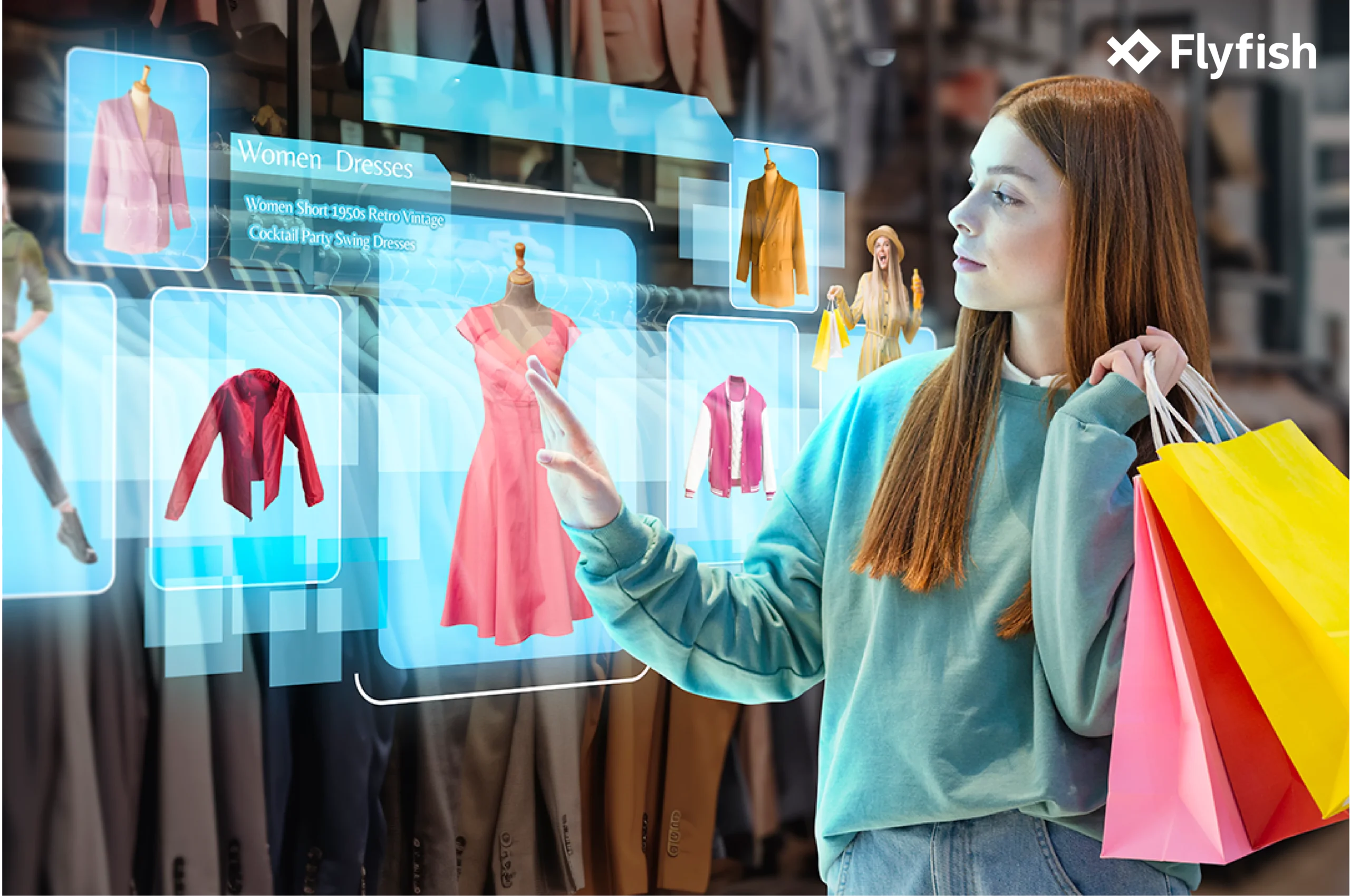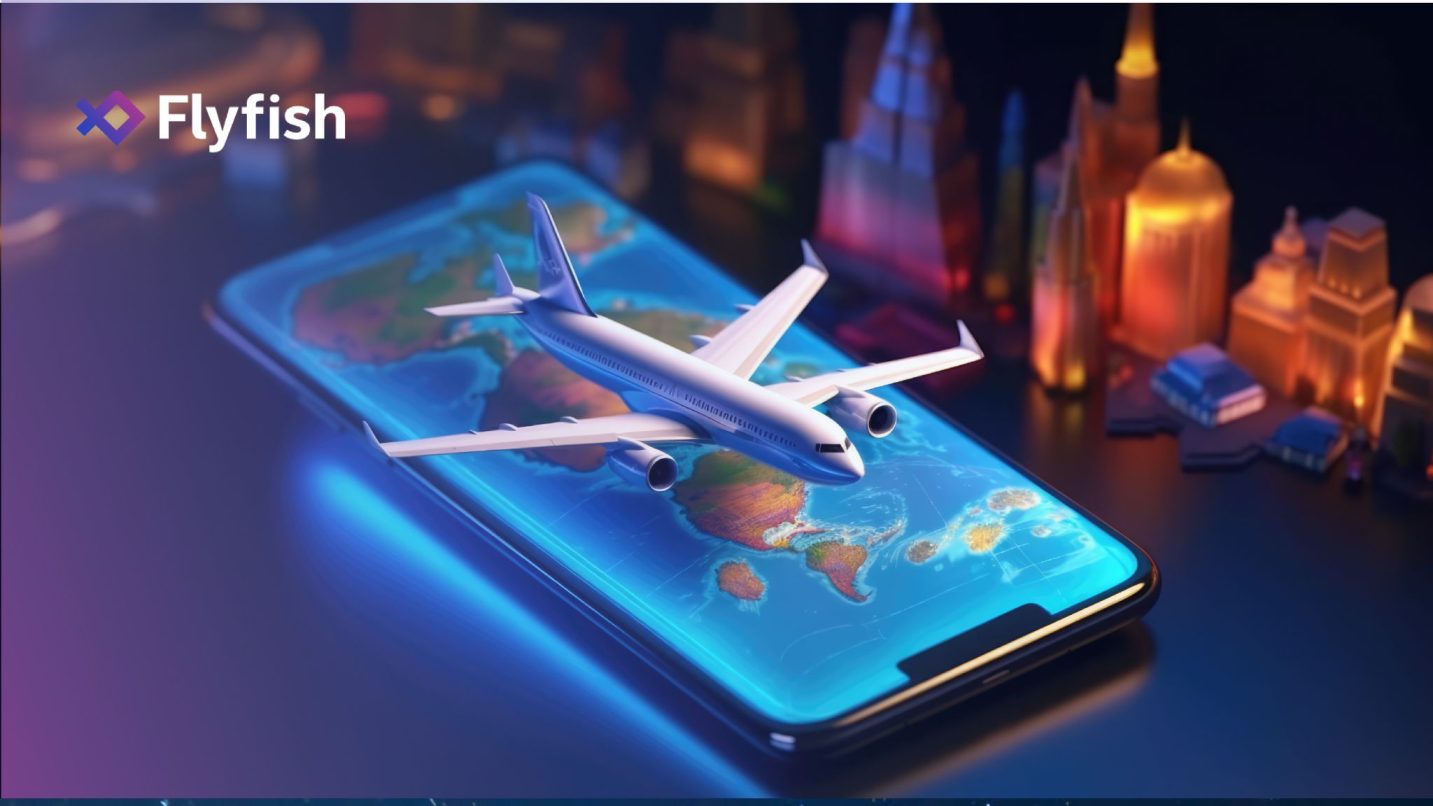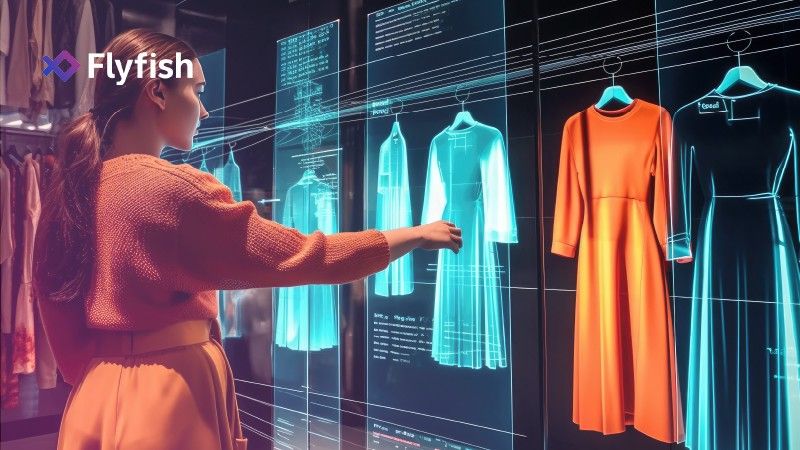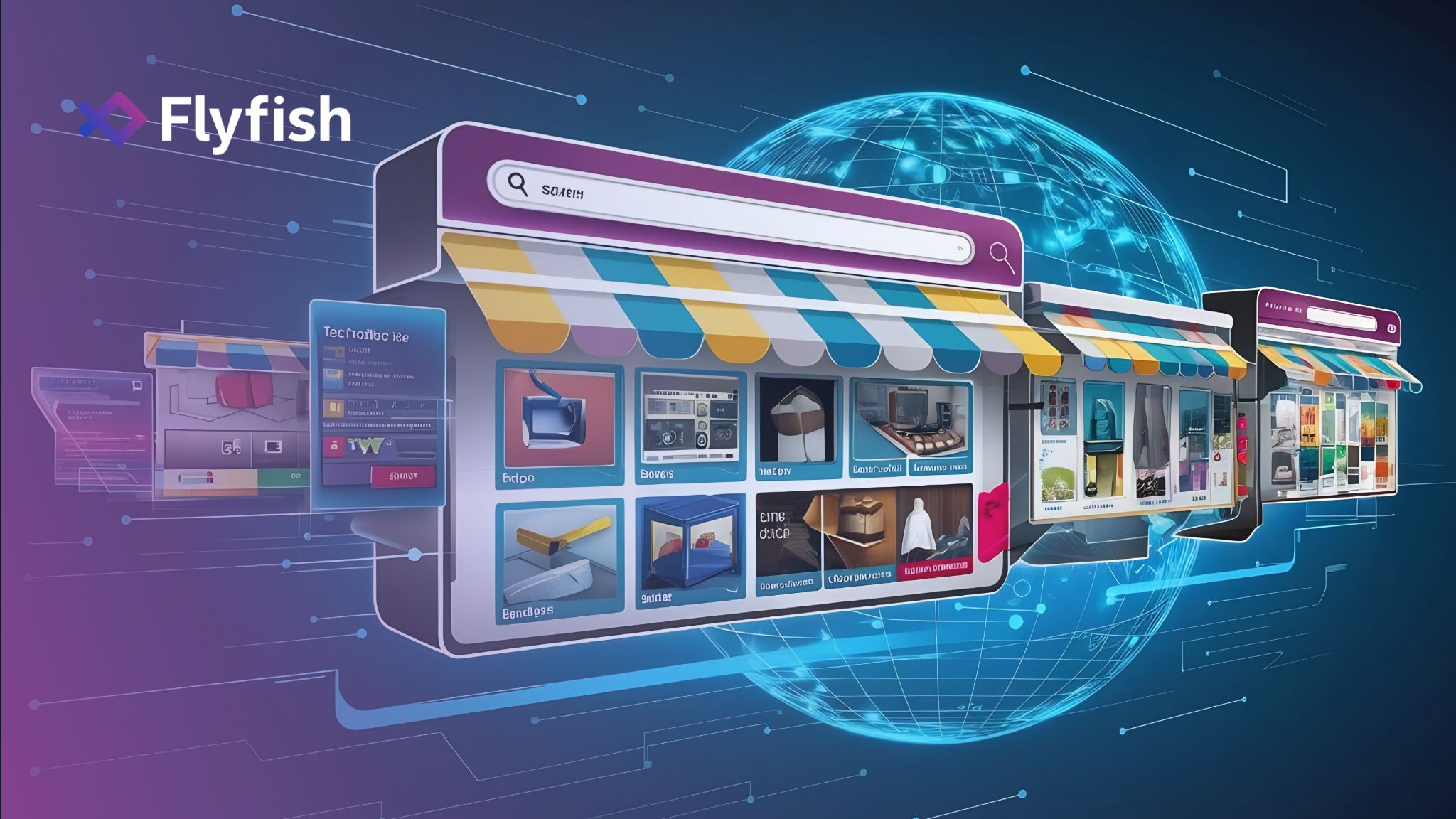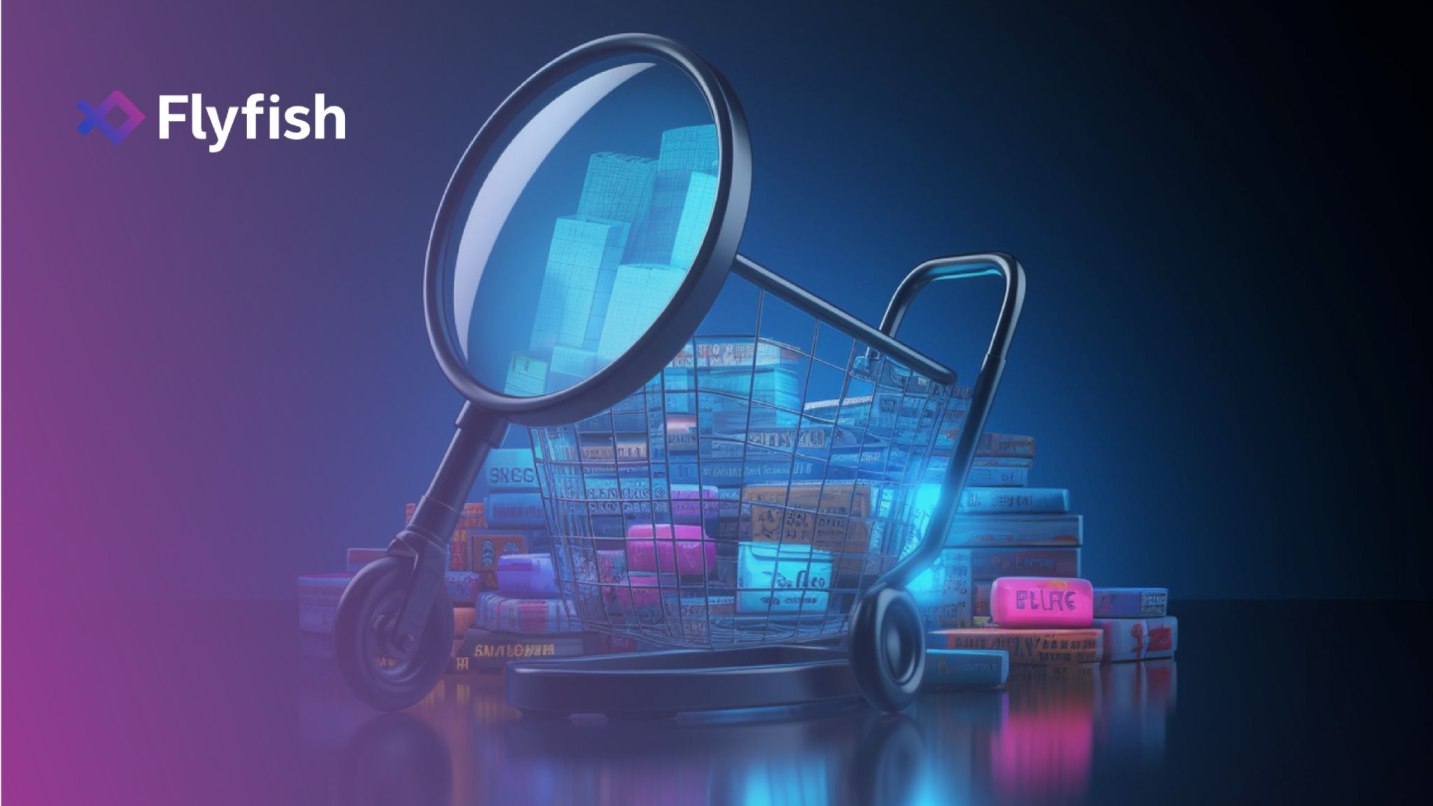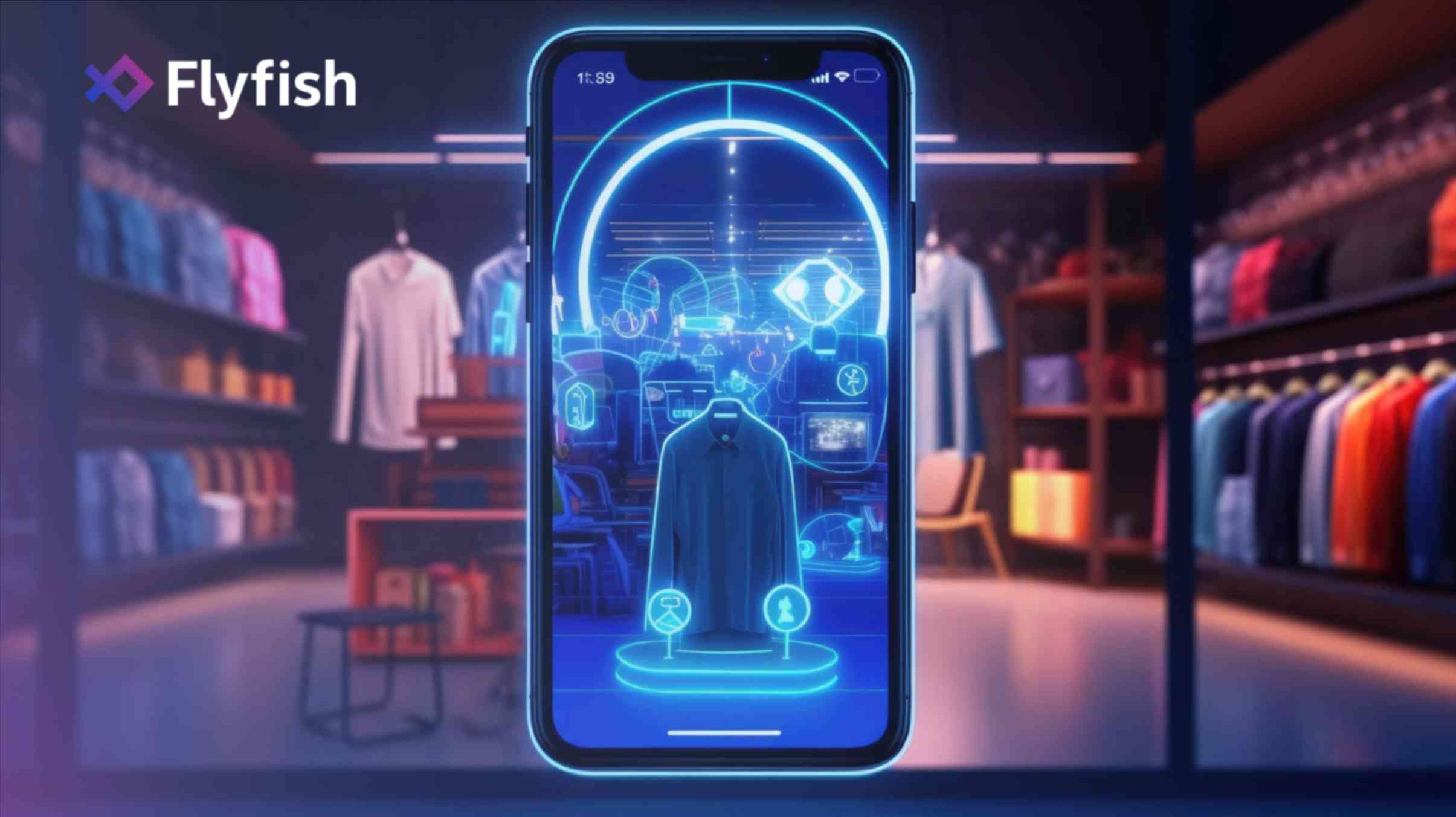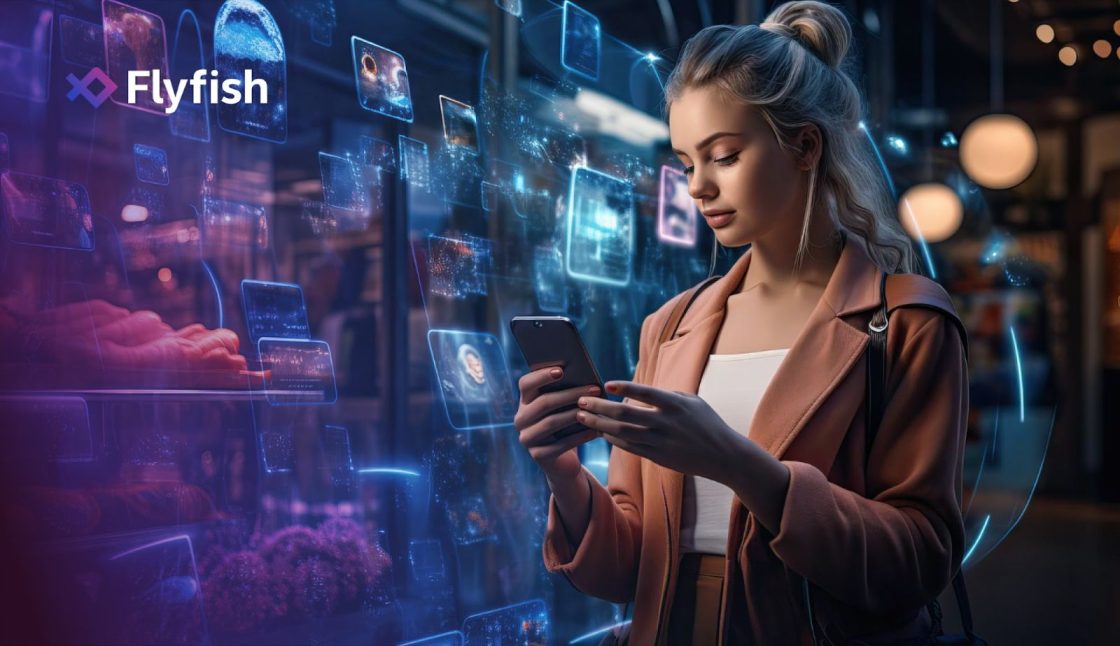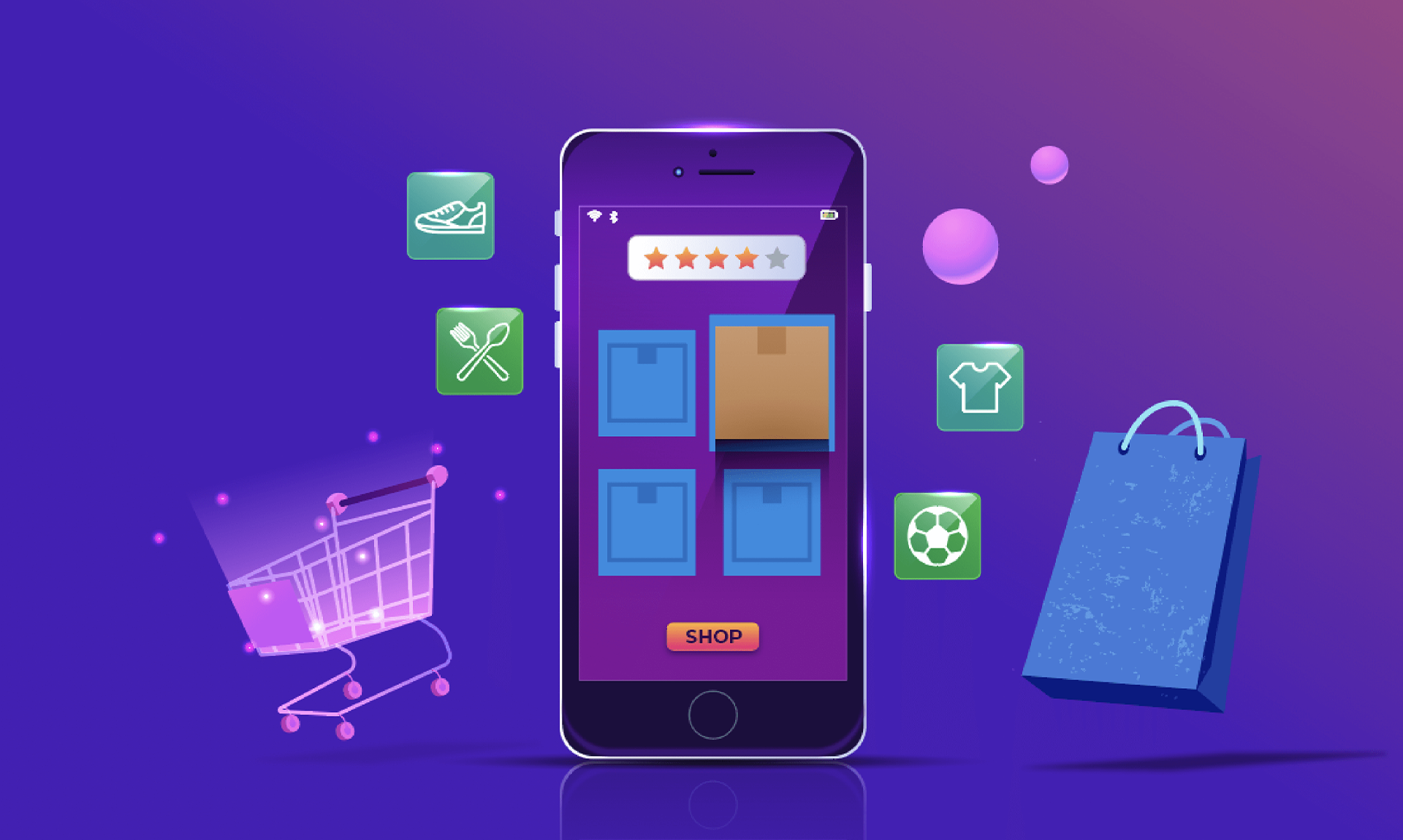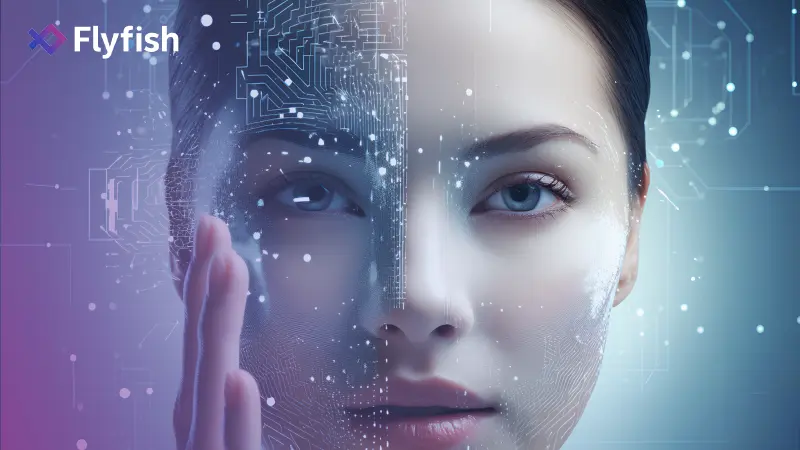
Artificial Intelligence (AI) is revolutionizing the beauty industry by enabling brands to offer personalized beauty recommendations. By analyzing data from skin type to personal style, AI helps brands deliver products that perfectly match individual needs, enhancing customer satisfaction and providing deep insights into consumer behavior.
As beauty brands adopt AI-driven recommendations, they can refine their marketing and sales strategies, making each customer interaction more informed and personalized. This shift is driven by the adoption of generative AI and is not just an upgrade. It’s transforming how beauty products are marketed and sold.
The Transformation of Beauty Product Shopping
Beauty product shopping has undergone significant transformations over the years. Traditionally, consumers relied on in-store assistance, where beauty consultants offered personalized advice based on direct interactions.
As digital platforms gained prominence, the focus shifted towards online shopping, accompanied by a heavy reliance on customer reviews. This move from face-to-face consultations to digital feedback marked a pivotal change in how people choose and buy beauty products.
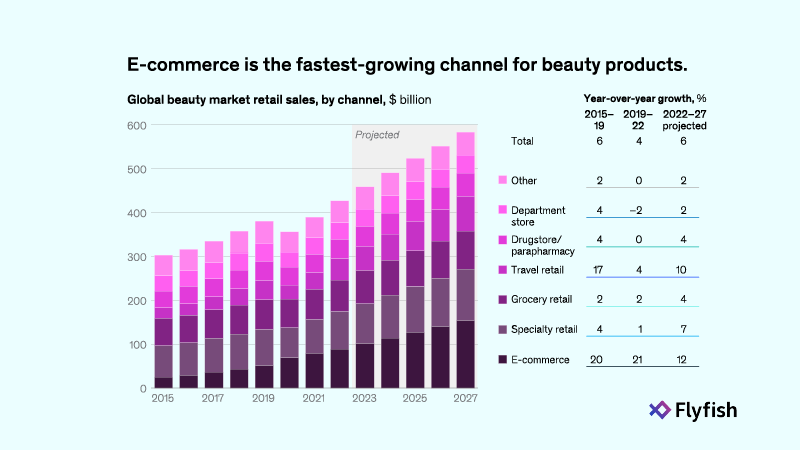
Limitations of Relying Solely on Reviews
Customer reviews have long guided online shopping but often fall short due to their subjective nature and the potential for inconsistencies, including fake reviews. These limitations can lead to customer dissatisfaction and poor product matches.
Artificial Intelligence is transforming the beauty industry by offering personalized recommendations based on detailed data analysis of individual characteristics and preferences.
This shift to AI-driven solutions enables a more tailored shopping experience, helping consumers find products that truly suit their needs. As AI’s role in cosmetics expands, it promises a more accurate and satisfying shopping experience, ensuring consumers find their perfect match in the diverse beauty market.
The Role of AI in Modern Beauty Industry
The integration of Artificial Intelligence in the beauty industry is revolutionizing the way brands interact with customers and personalize their experiences. Here’s how AI technologies are being employed:
Machine Learning
- Personalized Product Recommendations: Machine learning algorithms analyze customer data, such as past purchases, search histories, and skin concerns, to recommend products that are uniquely suited to each user’s needs. For example, a skincare brand might use these insights to suggest a moisturizer that complements an already purchased serum with the help of an AI beauty advisor.
- Customer Behavior Prediction: These algorithms also help predict buying patterns, which enable brands to tailor their marketing strategies and stock levels more effectively, optimizing both customer satisfaction and inventory management.
Big Data
- Trend Forecasting: By analyzing large sets of data, AI helps brands anticipate and react to future beauty trends. This capability enables companies to develop products that are likely to meet emerging consumer demands, keeping them ahead in a competitive market.
- Customer Insight Generation: Big data analytics provide brands with detailed insights into consumer preferences and satisfaction levels, allowing for more targeted product development and marketing strategies.
These AI-driven approaches are significantly enhancing the customer experience by offering more accurate, personalized interactions. Brands utilizing AI in cosmetics and the wider beauty industry are not only meeting customer expectations but are setting new standards for convenience and personalization in beauty shopping.
As AI-driven beauty recommendations become more sophisticated, the potential for innovative and responsive customer engagement continues to expand.
How AI Recommends Beauty Products
Artificial Intelligence is revolutionizing the beauty industry by tailoring the product recommendation process, enhancing the personalized shopping journey. The technology behind these recommendations involves complex algorithms, extensive data usage, and advanced personalization techniques.
Algorithm Training
- Data Collection: AI systems begin by gathering vast amounts of data, which can include user demographics, skin types, purchase history, product preferences, and even environmental factors like climate. This data is crucial for building a comprehensive understanding of consumer needs.
- Model Training: Using machine learning, AI algorithms are trained on this collected data to identify patterns and correlations between user attributes and their preferences. The more data these algorithms are trained on, the more accurate and effective they become at predicting what products a new or returning customer might prefer.
Data Usage
- Real-Time Analysis: AI systems analyze real-time data inputs from users, such as responses to quizzes about skin type or concerns, and online behavior like browsing patterns and interaction with different content. This real-time analysis helps in dynamically adjusting recommendations to suit changing preferences or needs.
- Feedback Loops: AI recommendations are continually refined through feedback loops. As customers interact with the recommended products—purchasing them, rating them, or leaving reviews—the AI incorporates this feedback to enhance the accuracy of future recommendations. This ongoing learning process ensures that the AI remains adaptive and effective.
Personalization Techniques
- Segmentation and Targeting: AI divides the customer base into distinct segments based on similar characteristics or behaviors. This segmentation allows for more targeted recommendations, ensuring that customers receive beauty product suggestions that feel specifically tailored to them.
- Contextual Personalization: By considering the context of each user’s situation, such as upcoming events (like weddings) or seasonal changes, AI can suggest products that are timely and relevant. This level of detail in personalization greatly enhances the user experience.
Through these sophisticated methods, AI provides a seamless and highly individualized shopping experience in the beauty sector. The depth of data analysis and the continuous adaptation of algorithms ensure that every recommendation is data-driven, aiming to meet the precise needs and preferences of each user.
Benefits of AI-Driven Recommendations
AI-driven recommendations in the beauty industry offer distinct advantages over traditional methods, enhancing the shopping experience in several key ways:
Accuracy and Personalization
- Tailored Suggestions: AI algorithms provide highly accurate product recommendations by analyzing individual user data, including skin type, beauty preferences, and past purchases. This leads to a more personalized experience that traditional methods, which often rely on broader customer segments, can’t match.
- Dynamic Adaptation: Unlike static traditional methods, AI recommendations adapt in real-time based on ongoing user interactions and feedback, continuously refining the accuracy of its suggestions to better meet individual needs.
Convenience
- Speed and Efficiency: AI systems can process vast amounts of data quickly, delivering instant recommendations without the time-consuming need for manual searching. This instantaneity adds a layer of convenience that greatly enhances the user experience.
- Integrated Shopping: AI recommendations are often integrated directly into online platforms, allowing users to view personalized product suggestions as they browse, which simplifies the purchasing process.
The integration of AI in the beauty industry through AI-driven beauty recommendations not only revolutionizes how consumers interact with products but also provides substantial benefits to brands by improving customer engagement and retention.
Challenges and Ethical Considerations in AI-Driven Beauty Recommendations
Implementing AI in beauty recommendations presents several challenges and ethical considerations that brands need to conscientiously address:
Privacy Concerns and Data Security
- Sensitive Data Handling: AI systems require extensive personal data to function effectively, posing inherent risks in data management and protection. Privacy concerns often arise when consumers question how their data is being used and stored.
- Robust Security Measures: To mitigate these concerns, companies can implement stringent data security protocols to safeguard user information and prevent breaches, ensuring compliance with regulations such as GDPR.
Bias in AI Algorithms
- Inherent Bias: AI systems can inadvertently perpetuate biases if the data they are trained on is not diverse. This can skew beauty product recommendations and fail to meet the diverse needs of all users.
- Diversity and Inclusion: Brands can address this issue by training AI on diverse datasets and continually auditing algorithms to detect and correct biases, ensuring fairness and inclusivity in recommendations.
Ethical Use of AI
- Transparency: Companies strive for transparency in how their AI systems make recommendations and utilize consumer data. This openness fosters trust and understanding among users.
- Ethical Standards: Adopting and adhering to ethical guidelines that prioritize consumer welfare and respect for privacy is essential.
By tackling these challenges head-on, companies can ensure that their use of AI in beauty recommendations not only enhances the consumer experience but also upholds the highest ethical standards and maintains consumer trust.
Flyfish: Ready to transform your beauty brand with the power of AI?
Flyfish is a Generative AI Platform that transforms your online store into a consultative shopping experience by combining the power of contextual search, personalized recommendations, and conversational commerce.
Here’s what sets Flyfish apart from the competition:
- Contextual search: Understands the nuances of your customers’ needs and delivers highly relevant product suggestions based on their search queries, leveraging contextual search to refine results even further.
- Personalized recommendations: Goes beyond basic suggestions by learning individual customer preferences and recommending products that perfectly match their unique beauty goals.
- Conversational commerce: Creates a dynamic and engaging shopping experience through AI-powered chatbots that answer questions and guide customers towards the ideal products.
Conclusion
AI is revolutionizing beauty product selection by offering unmatched personalization, accuracy, and convenience. Through sophisticated algorithms, AI tailors recommendations to individual preferences, enhancing user satisfaction and fostering brand loyalty. As AI continues to refine its capabilities, the benefits for both consumers and brands grow exponentially.
Brands looking to stay competitive should explore and embrace AI-powered beauty solutions to meet the evolving demands of modern consumers. Integrating AI not only streamlines the shopping experience but also builds a trusted relationship between brands and their customers.
Ready to see Flyfish in action? Request a demo now.




